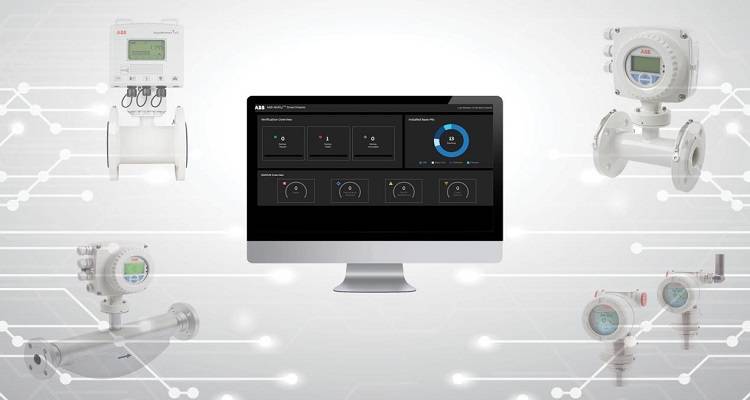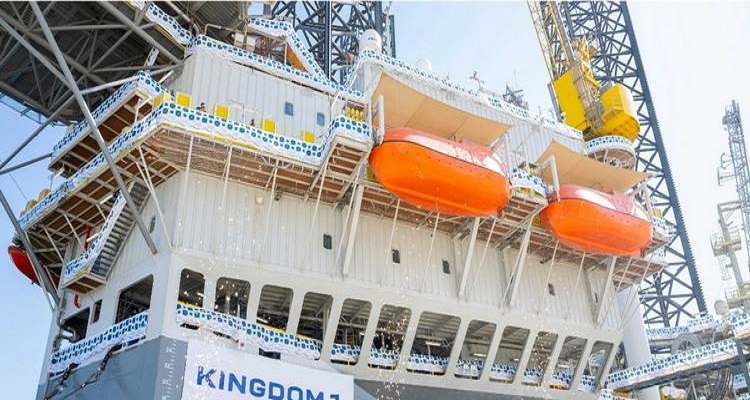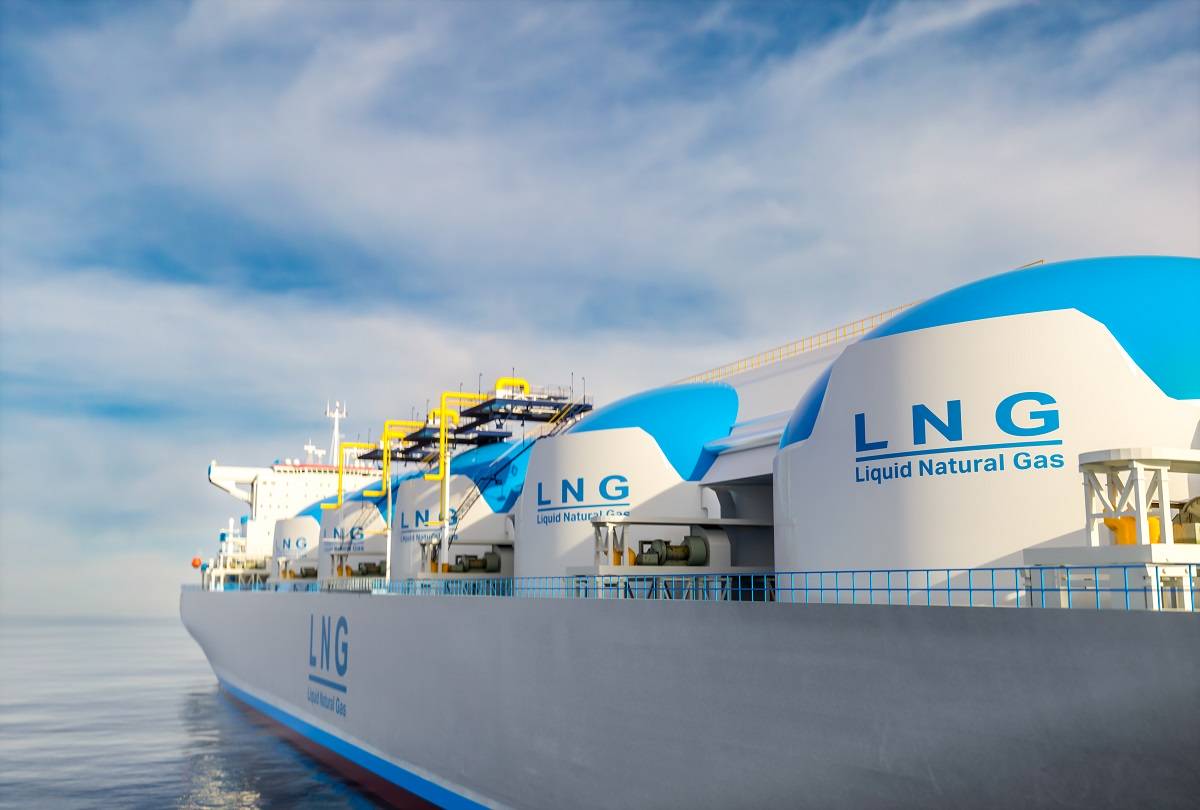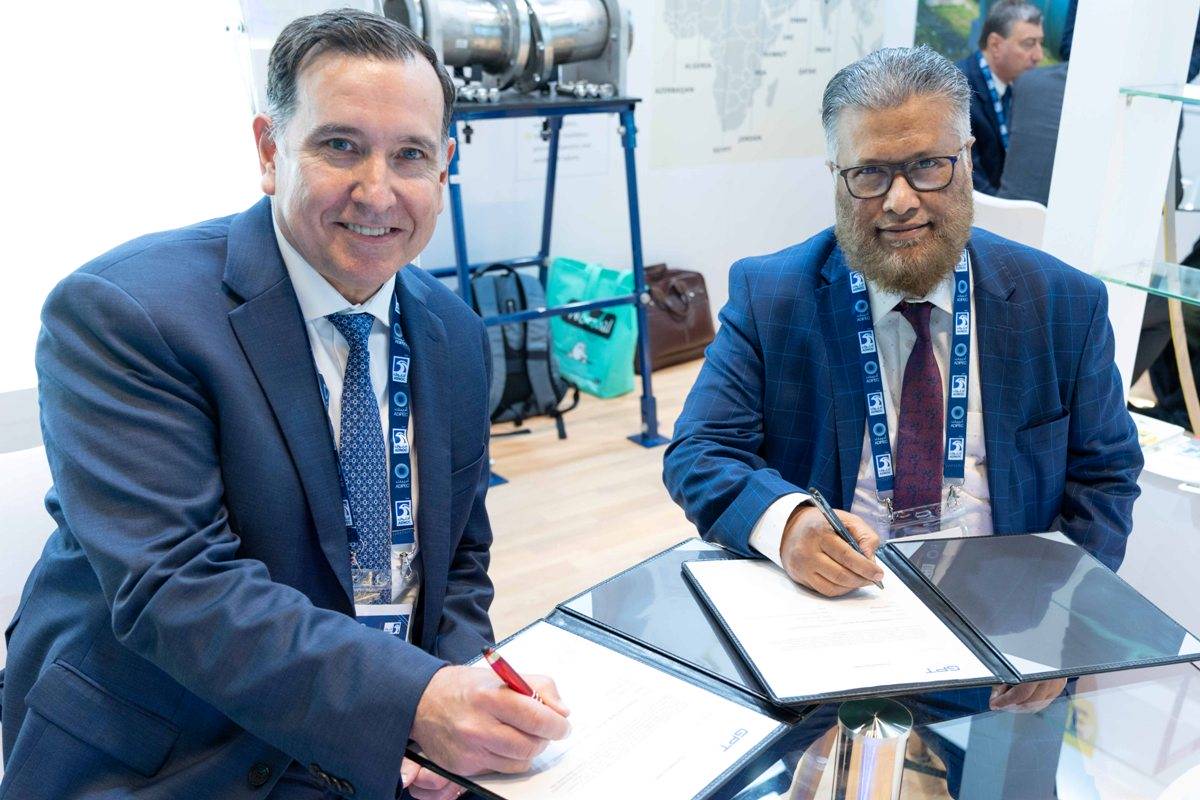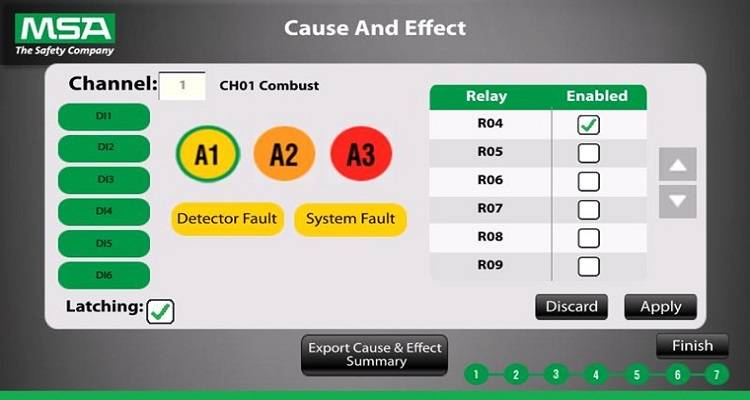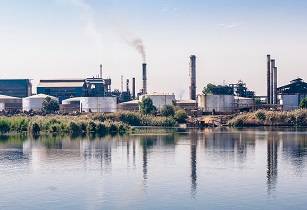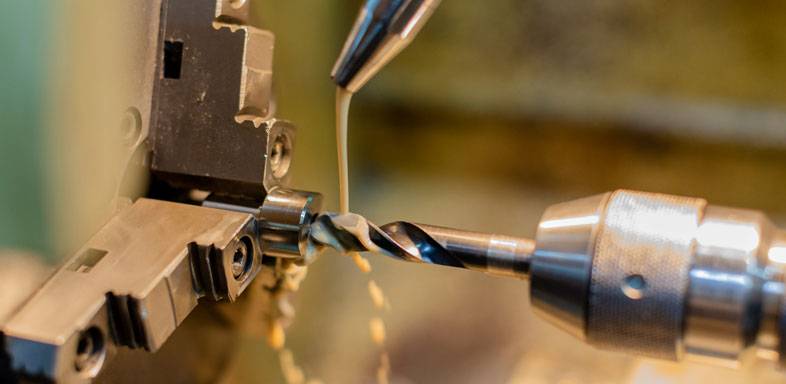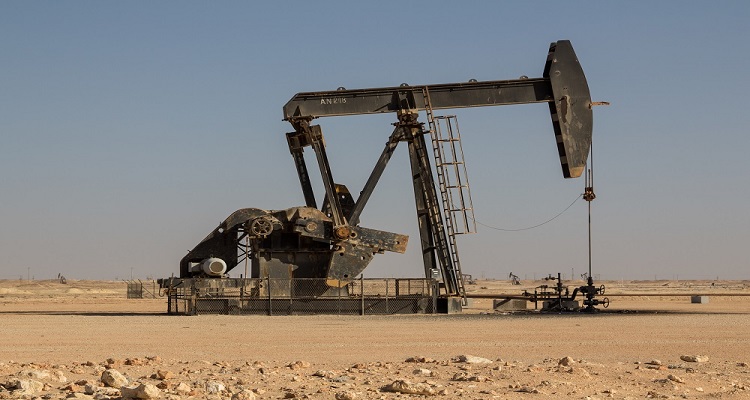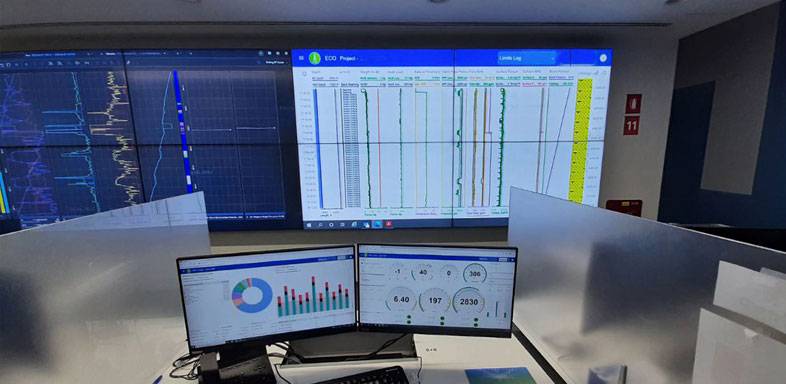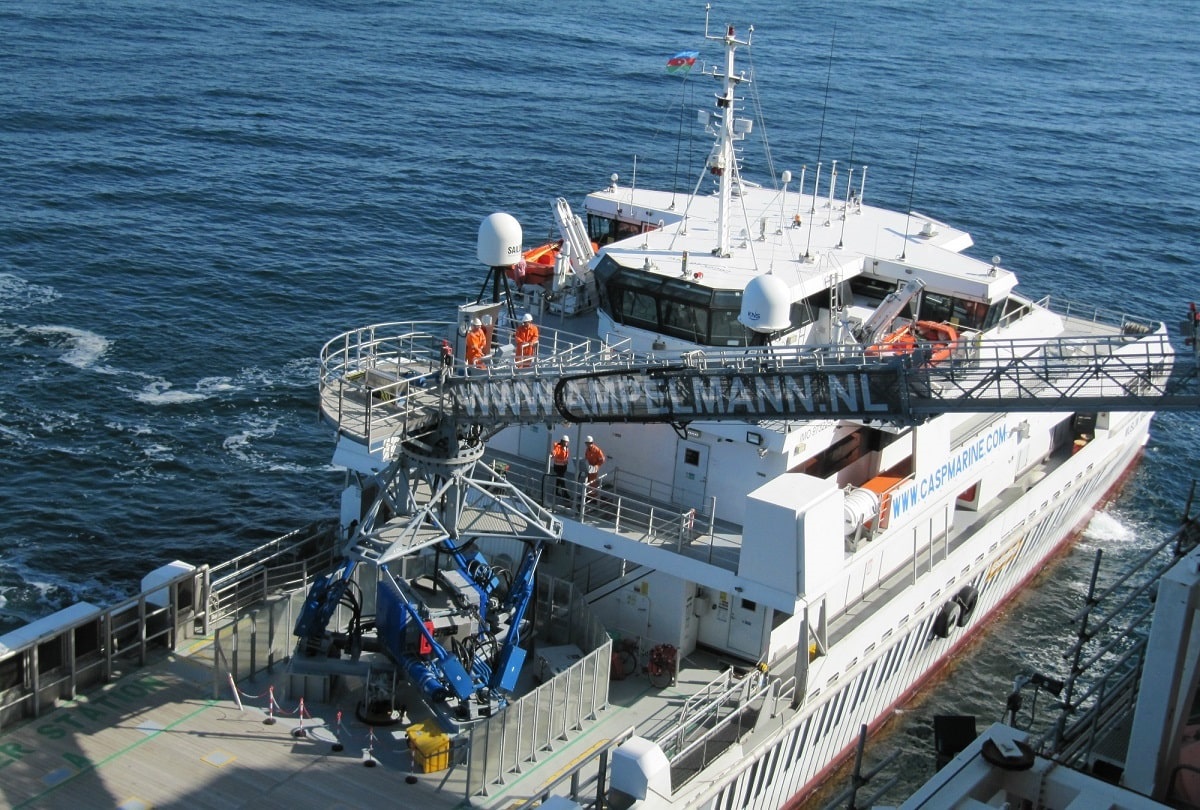Page 2 of 2
The fact that ABB's Asset Management and Performance Service solutions help to minimise downtime and to reduce variable costs such as labour, maintenance and consumables is important on at least two counts, he suggested.
"In this era of record energy consumption, our solutions for energy management help plant operators to reduce both cost and environmental impact."
Automation is also relevant to life cycle management. Obsolescence of plant is a major concern in the Middle East; the oil and gas industry aims to be as efficient as possible, to get the maximum amount of resources out of the ground, and to utilise them as best they can for the lowest cost.
"Our customers want to increase the lifespan of their investment," said Leretz. "So obsolescence mitigation is an essential element in assessing business opportunities. There are many plants that are reaching that stage in the region."
Leretz said this is an issue that ABB is already well aware of. "The automation system must provide solid business value based on a combination of metrics such as enhanced asset availability, return on assets, and reduced life cycle cost. It is often seen that time and cost saving could make a vast difference to output, efficiency and profitability of the plant. Moreover capital deployment is reduced through planned upgrades for installed systems," he explained.
As for what is occupying ABB in the region right now, the company has been involved in a number of major Middle East projects recently. They include the Sadara project in Saudi Arabia — the largest petrochemical plant in the world — for which ABB was selected as the project's MAC. ABB is also involved in a sulphur handling project elsewhere in the Gulf for which it will supply telecommunication systems for a sour gas processing plant.
In the field of oil and gas transportation, ABB was the main electrical vendor for a major pipeline project in the region, offering its comprehensive electrical and automation system to help the customer to get the maximum value out of its control system investment.
We have already touched on environmental concerns. Technical offerings that address these are also becoming a strong part of the ABB portfolio.
"We see a lot of interest in what we'd term 'green' or environmentally friendly solutions," Leretz said. Among ABB offerings is one that cleans oily wastewater, by far the largest waste product in oil and gas production, "quickly, cost-effectively and energy-efficiently, ready for discharge with zero environmental impact", as Leretz put it. Developed on behalf of a leading national oil and gas company, the solution is installed at three oil and gas fields in North Africa.
Developed and patented by ABB, the process has exceeded the customer's specifications for hydrocarbon content and suspended solid concentration in the outlet water by seven and 55 times respectively. Other benefits of the solution Leretz highlights include a compact footprint, the use of chemicals that can easily be produced on site using inexpensive base ingredients, ease of installation (it is built on skids and then transported to the site for installation and commissioning), and ease of operation (it uses standard equipment and requires no complex skills or operator experience).
Any readers who were at the World Future Energy Summit in Abu Dhabi earlier this year will know that there's been plenty of talk about developing 'greener', more environmentally-friendly projects in the region. It's no surprise then that, as well as responding to the inevitable demand for the sort of efficiencies automation offers, companies like ABB are increasingly building a market for products that serve the environment as well as the customer.
Taken from Oil Review Middle East Issue Three 2013








